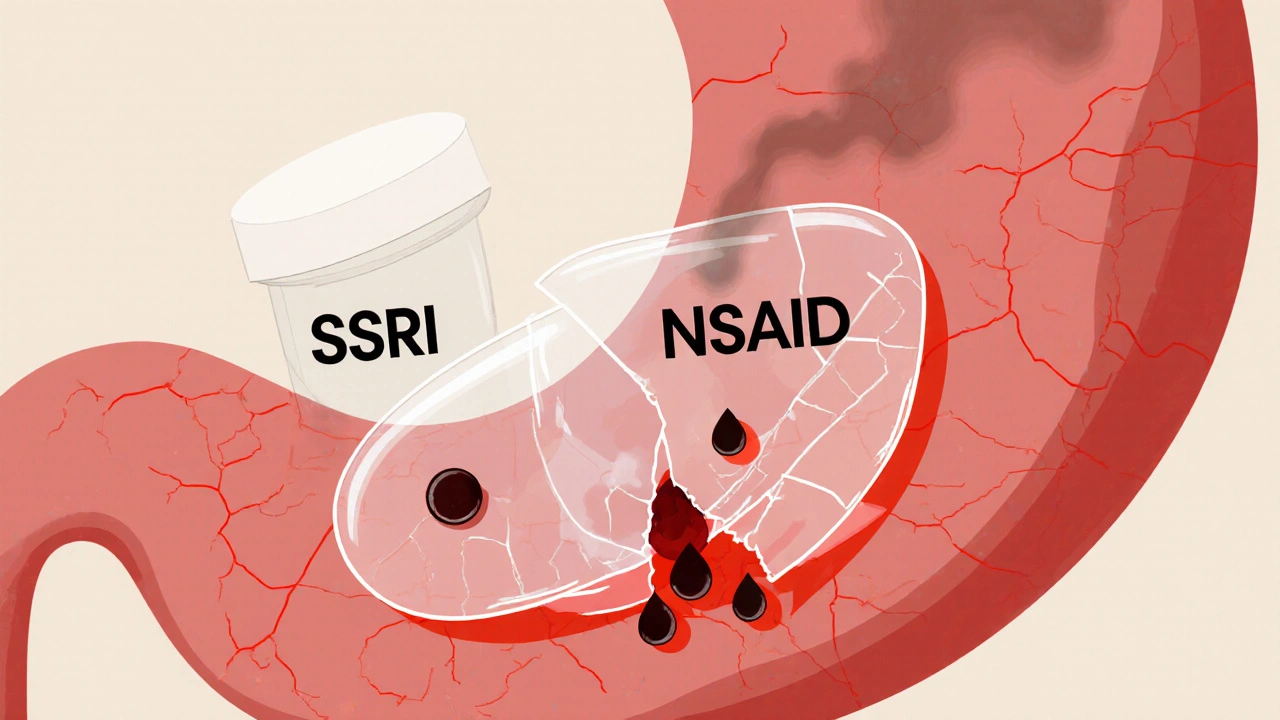Proton Pump Inhibitors: What They Are, How They Work, and What You Need to Know
When you hear proton pump inhibitors, a class of medications that block acid production in the stomach. Also known as PPIs, they’re one of the most prescribed types of drugs in the world for treating heartburn, ulcers, and acid reflux. These aren’t just antacids you grab off the shelf—they work deeper, targeting the actual cells that make stomach acid. That’s why they’re stronger and longer-lasting than over-the-counter options like Tums or Pepcid.
Common PPIs, include omeprazole, esomeprazole, lansoprazole, and pantoprazole—brands like Prilosec, Nexium, and Protonix. They’re used for everything from daily heartburn to healing stomach ulcers caused by NSAIDs or H. pylori. But they’re not harmless. Long-term use has been linked to nutrient deficiencies, bone loss, and even kidney issues. The FDA has warned about these risks, and studies show many people take them way longer than needed.
Not everyone needs a PPI. Sometimes lifestyle changes—cutting out caffeine, eating earlier, losing weight—can do the job. And if you’re on one, it’s smart to ask your doctor if you can taper off. Many people find their symptoms return after stopping, but that doesn’t always mean they need to stay on it forever. There are alternatives, like H2 blockers (famotidine, ranitidine) or even natural approaches that help reduce acid without shutting down your stomach’s natural function.
What you’ll find here are real-world stories and facts about how these drugs affect people. From how they interact with other meds like warfarin or clopidogrel, to why some generics have quality issues, to what happens when you stop suddenly. You’ll see how PPIs connect to bone health, gut bacteria, and even how they’re prescribed for kids or seniors. These aren’t theoretical discussions—they’re based on the experiences of people managing chronic conditions, dealing with side effects, or trying to get off these drugs safely.
Taking SSRIs and NSAIDs together increases your risk of dangerous GI bleeding by 75%. Learn why, who’s most at risk, safer alternatives, and how to protect yourself with proven prevention strategies.
Nov, 1 2025

